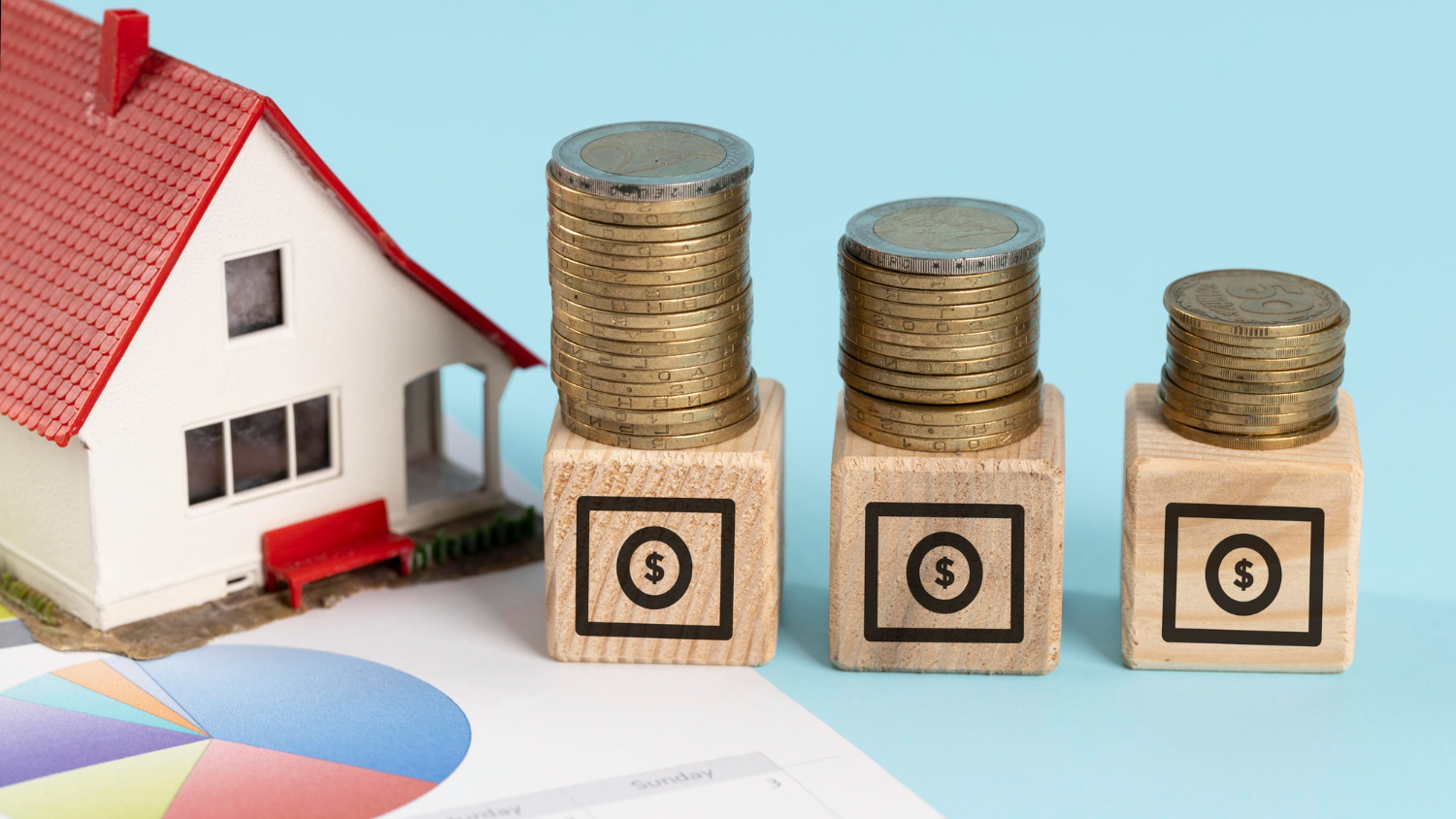Here’s a comprehensive, rich content description for the topic “When Is the Right Time to Sell Your Home?” This post could delve into various factors, trends, and personal considerations that impact the timing of a home sale.
When Is the Right Time to Sell Your Home?
Selling a home is a significant financial and emotional decision, and determining the right time to sell can feel complex. This guide offers insights into both market-driven factors and personal considerations to help homeowners decide when the timing is ideal.
1. Understanding Market Cycles: Seller’s vs. Buyer’s Market
- Seller’s Market: This occurs when demand exceeds supply, meaning more buyers are competing for fewer available homes. In a seller’s market, you may have better chances of receiving multiple offers, selling quickly, and potentially receiving offers above your asking price.
- Buyer’s Market: In this case, the supply of homes exceeds demand, giving buyers more bargaining power. Selling in a buyer’s market may mean accepting a lower offer or experiencing a longer time on the market.
- Balanced Market: A balanced market is a time of relative stability, where neither buyers nor sellers have a distinct advantage. In these periods, price growth tends to be stable, and the competition is moderate.
2. Seasonal Patterns in Real Estate
- Spring and Summer: Typically, spring is considered the best season for selling, as more families are ready to make a move when school is out. Homes also photograph well, and weather conditions allow for better curb appeal.
- Fall and Winter: While historically slower seasons for real estate, fall and winter sales can also be advantageous. Serious buyers often emerge in these seasons, and competition with other sellers can be lower, potentially leading to better prices and faster closings.
3. Interest Rates and Economic Indicators
- Low mortgage interest rates can increase buyer activity, as borrowing is more affordable. Many potential buyers enter the market when rates are low, leading to greater demand for homes.
- Economic health, including employment rates and inflation, also affects real estate. If people feel financially secure, they’re more likely to invest in real estate. Conversely, economic uncertainty may make buyers more cautious.
4. Local Market Conditions and Comparable Sales
- Researching the local market is crucial. Real estate is often hyperlocal, meaning trends in one neighborhood or city can be very different from national or even regional trends.
- Comparable Sales (Comps): Looking at recent sales of similar properties in the area can give insights into pricing trends and demand levels. It’s beneficial to analyze sales within a 1-mile radius and no more than 6 months old.
5. Your Home’s Condition and Curb Appeal
- Homes in good condition and with high curb appeal tend to sell faster and for a higher price. If your home needs updates or repairs, consider whether you’re willing to make these investments before listing.
- Small upgrades, such as fresh paint, landscaping, and minor renovations, can boost your home’s marketability without major expense.
6. Your Financial Situation
- Selling a home comes with its own costs, including closing fees, agent commissions, and potential capital gains taxes. Consider whether these costs align with your financial goals.
- Evaluate how much equity you have built up in the property. Selling with sufficient equity means you’ll walk away with profits that could be used for the down payment on your next home or other investments.
7. Personal and Family Considerations
- Timing may also depend on life changes such as a new job, family expansion, or downsizing after children have left the nest. Moving during transitional periods can allow for a more natural shift in lifestyle.
- Some homeowners sell in anticipation of retirement or as part of a plan to relocate to a different climate or area.
8. Future Real Estate Market Predictions
- While it’s impossible to predict the future with certainty, keeping an eye on real estate forecasts can help you make an educated decision. Economic reports, housing trends, and expert analyses provide insights into whether prices are expected to rise or fall.
9. Talk to Real Estate Professionals
- Real estate agents, appraisers, and financial advisors have an in-depth understanding of market conditions and can offer tailored advice on timing a sale based on your circumstances and market insights.
Conclusion
Deciding when to sell a home is a mix of personal timing and market readiness. By analyzing market cycles, understanding local trends, and considering personal financial goals, you can make a more informed choice. Selling at the right time could maximize your profit, streamline the selling process, and set you up for future financial security.




